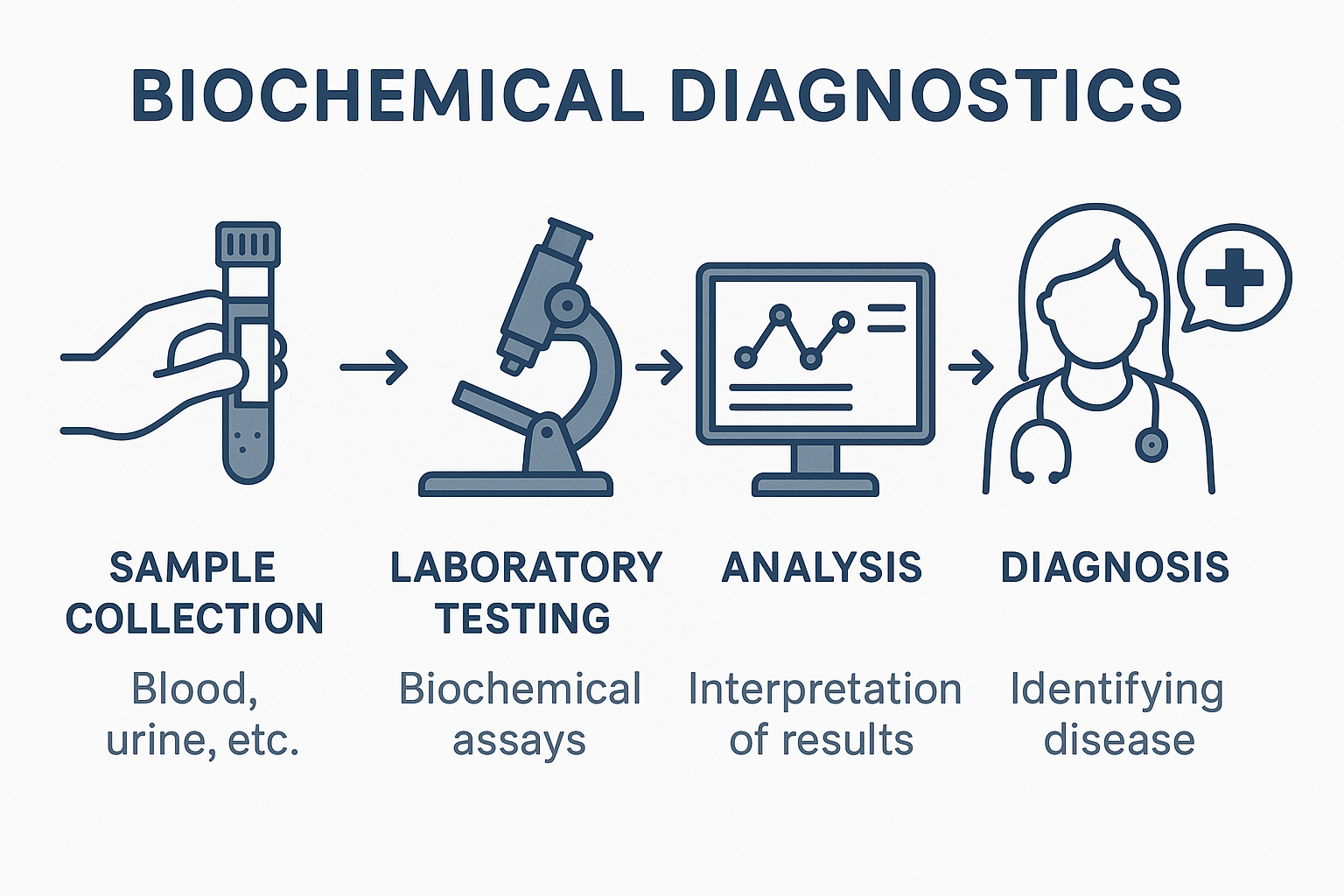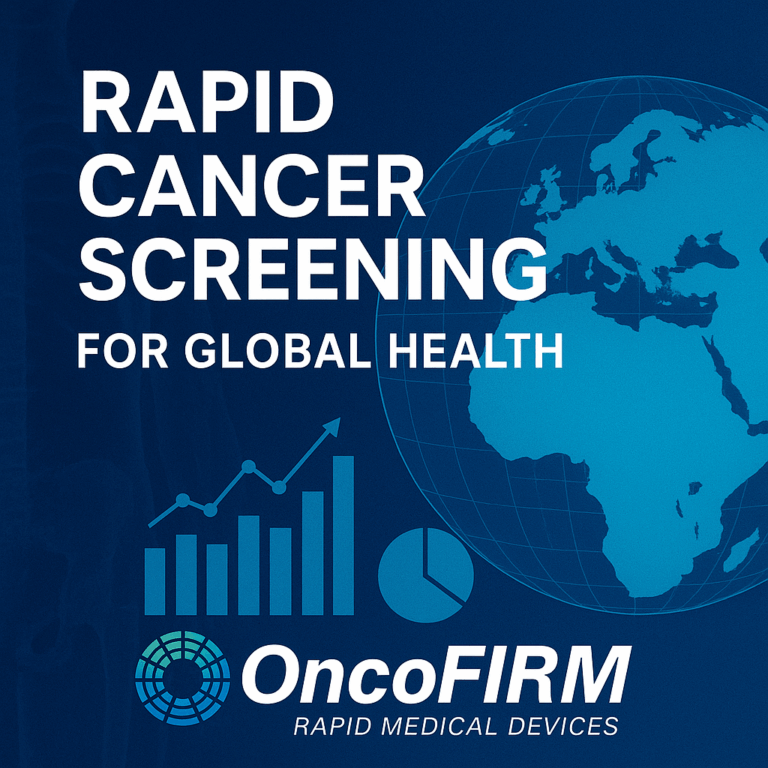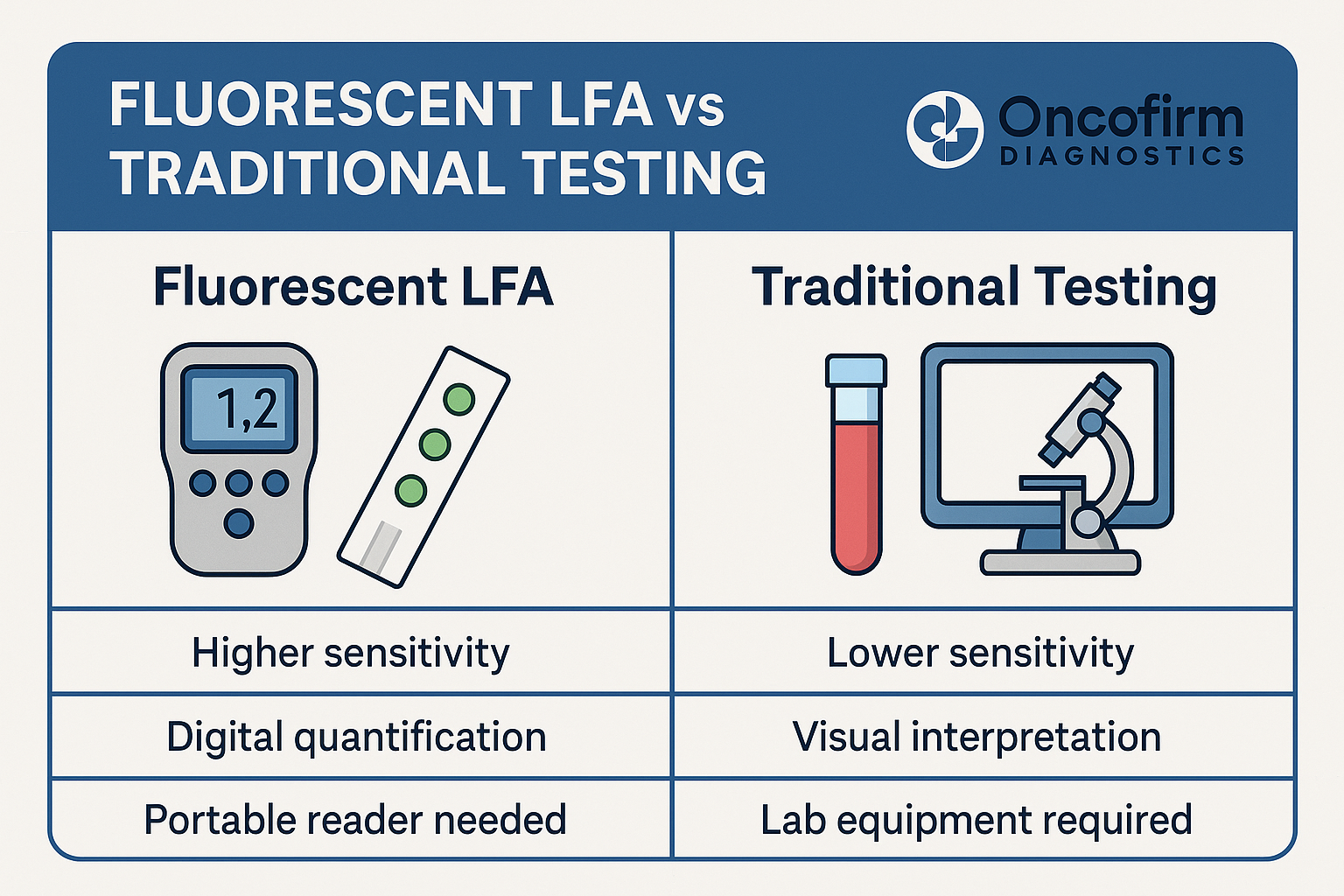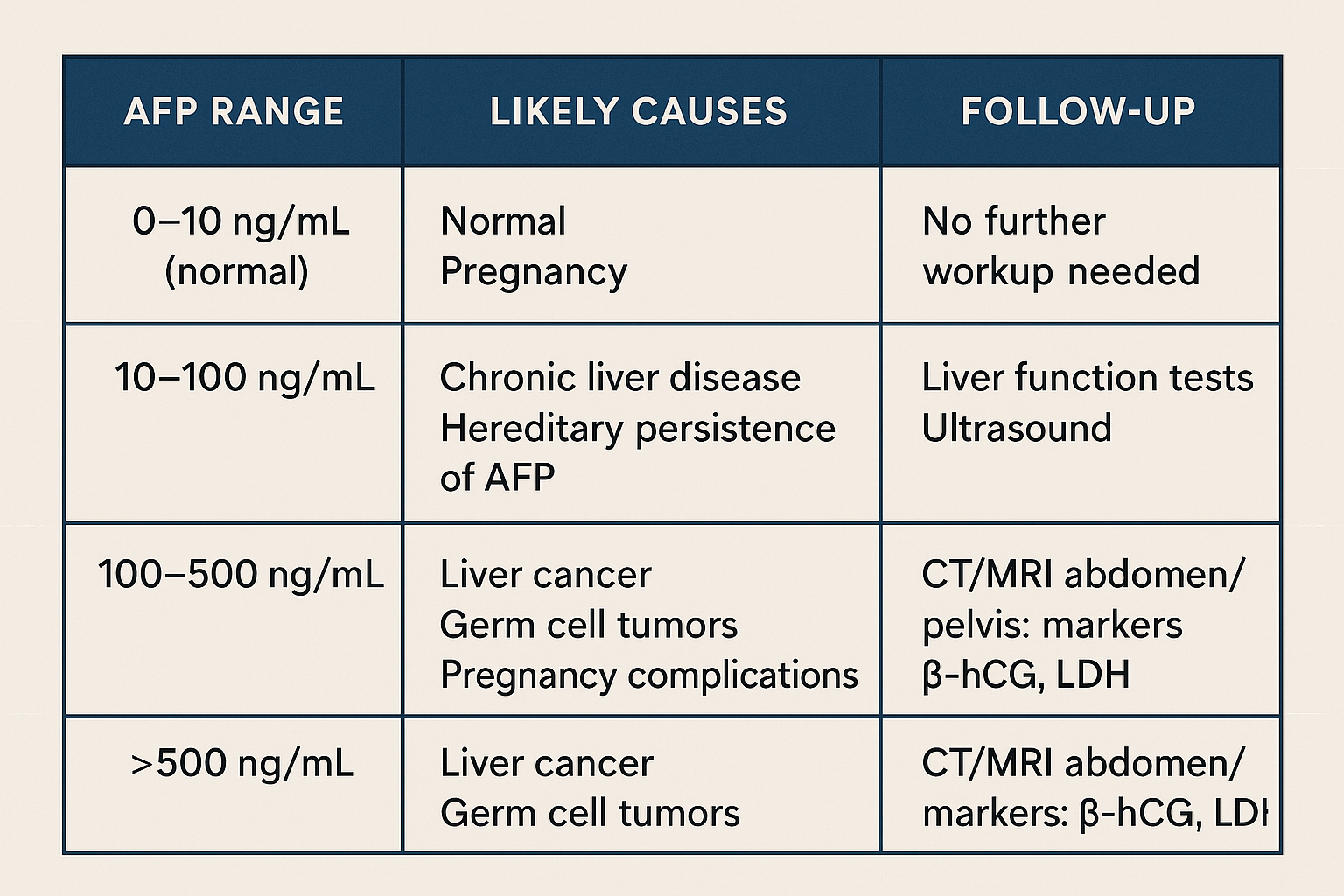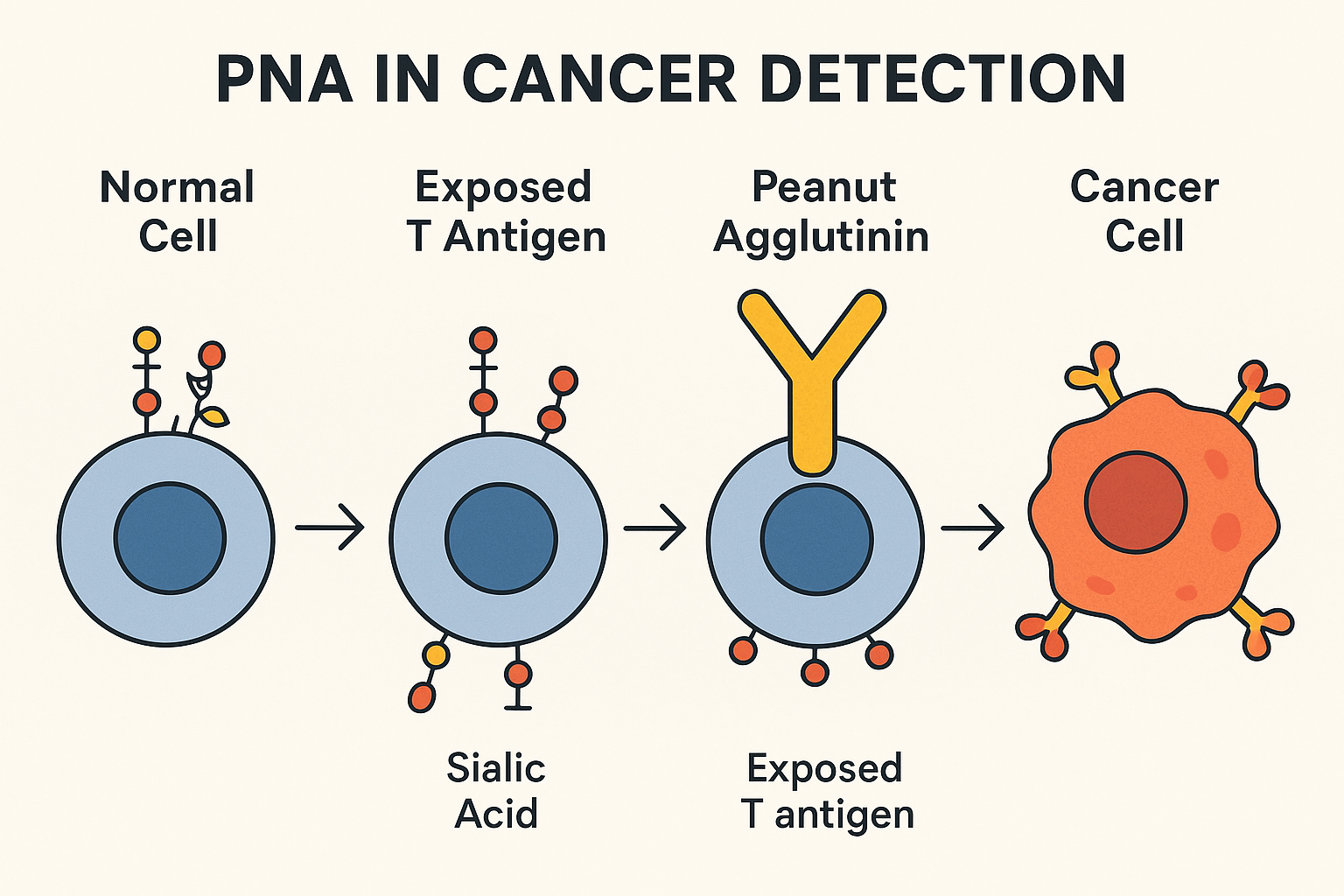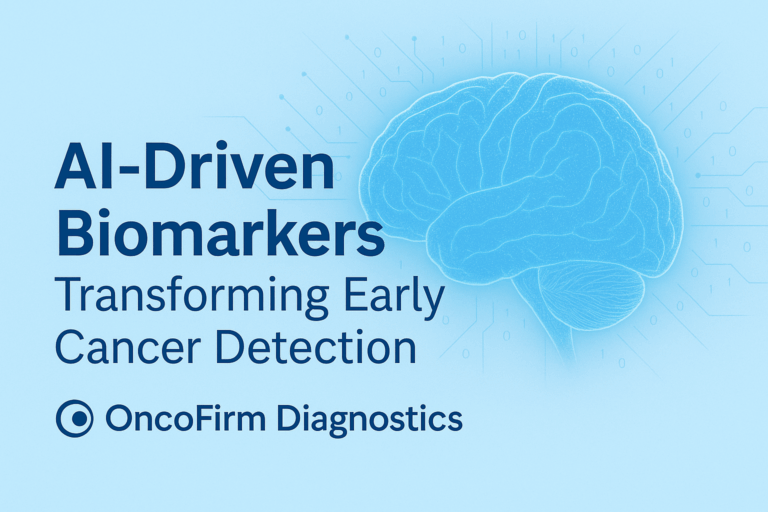What is Biochemical Diagnostics
Biochemical diagnostics is the branch of laboratory medicine that uses chemical and biochemical tests to detect, measure, and interpret changes in the body’s biochemical processes for the purpose of diagnosing disease, monitoring health, or guiding treatment.
Core Concept
It’s based on the idea that illnesses often cause measurable changes in the levels or activity of certain substances in body fluids (like blood, urine, or cerebrospinal fluid). By analyzing these substances — which can include enzymes, metabolites, proteins, hormones, and electrolytes — clinicians can detect early signs of disease or track how well a treatment is working.
Main Areas
- Clinical Chemistry
- Measures concentrations of molecules like glucose, cholesterol, urea, creatinine, liver enzymes, and electrolytes.
- Example: High blood glucose → diabetes diagnosis.
- Enzymology
- Detects abnormal enzyme levels or activity.
- Example: Elevated ALT/AST → possible liver damage.
- Protein and Hormone Assays
- Uses immunoassays or mass spectrometry to quantify hormones (like TSH, insulin) or proteins (like CRP, troponin).
- Example: High troponin → heart attack indicator.
- Metabolomics
- Broad profiling of metabolites to identify disease signatures.
- Example: Organic acid analysis in metabolic disorders.
- Tumor Marker Measurement
- Detects cancer-related proteins such as alpha-fetoprotein (AFP), PSA, or CA-125.
Techniques Used
- Spectrophotometry – measures light absorption to quantify substances.
- Chromatography – separates and measures complex mixtures.
- Mass spectrometry – highly sensitive detection of molecules.
- Immunoassays – antibodies used to detect specific proteins or hormones.
Applications
- Disease diagnosis (diabetes, cancer, liver/kidney disease, hormonal disorders)
- Health screening (lipid profiles, prenatal screening)
- Therapy monitoring (drug levels, chemotherapy response)
- Early detection (biomarker screening before symptoms appear)

